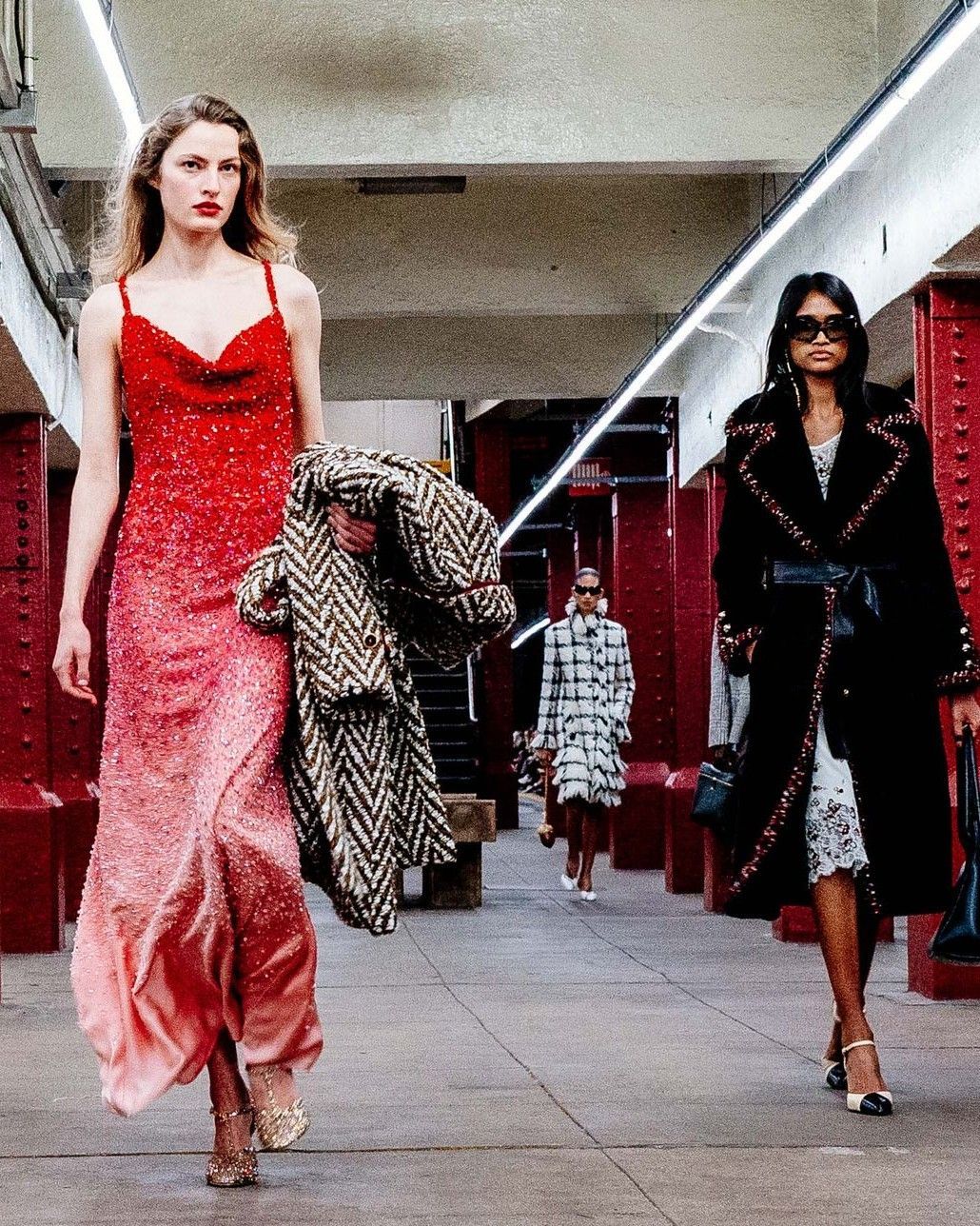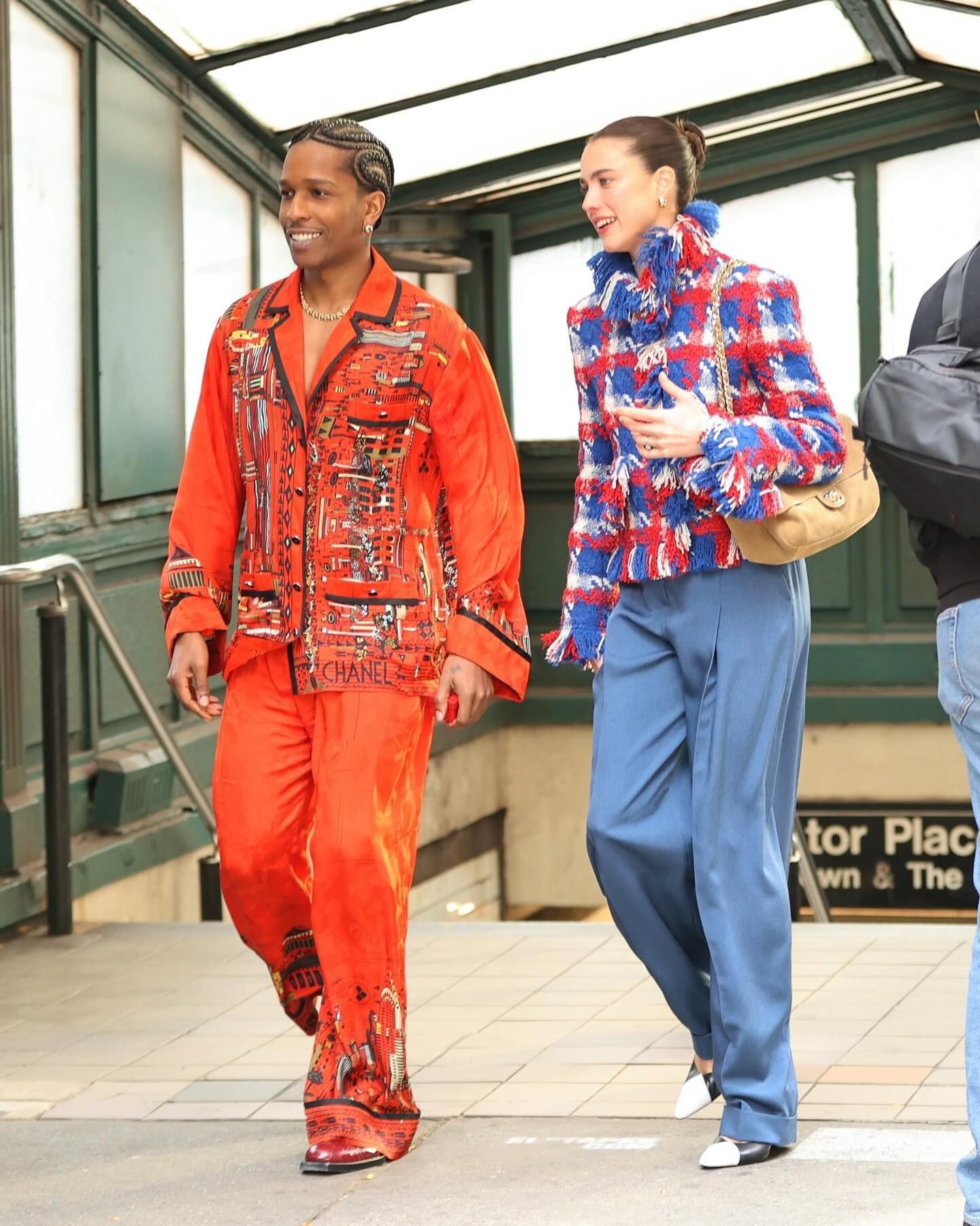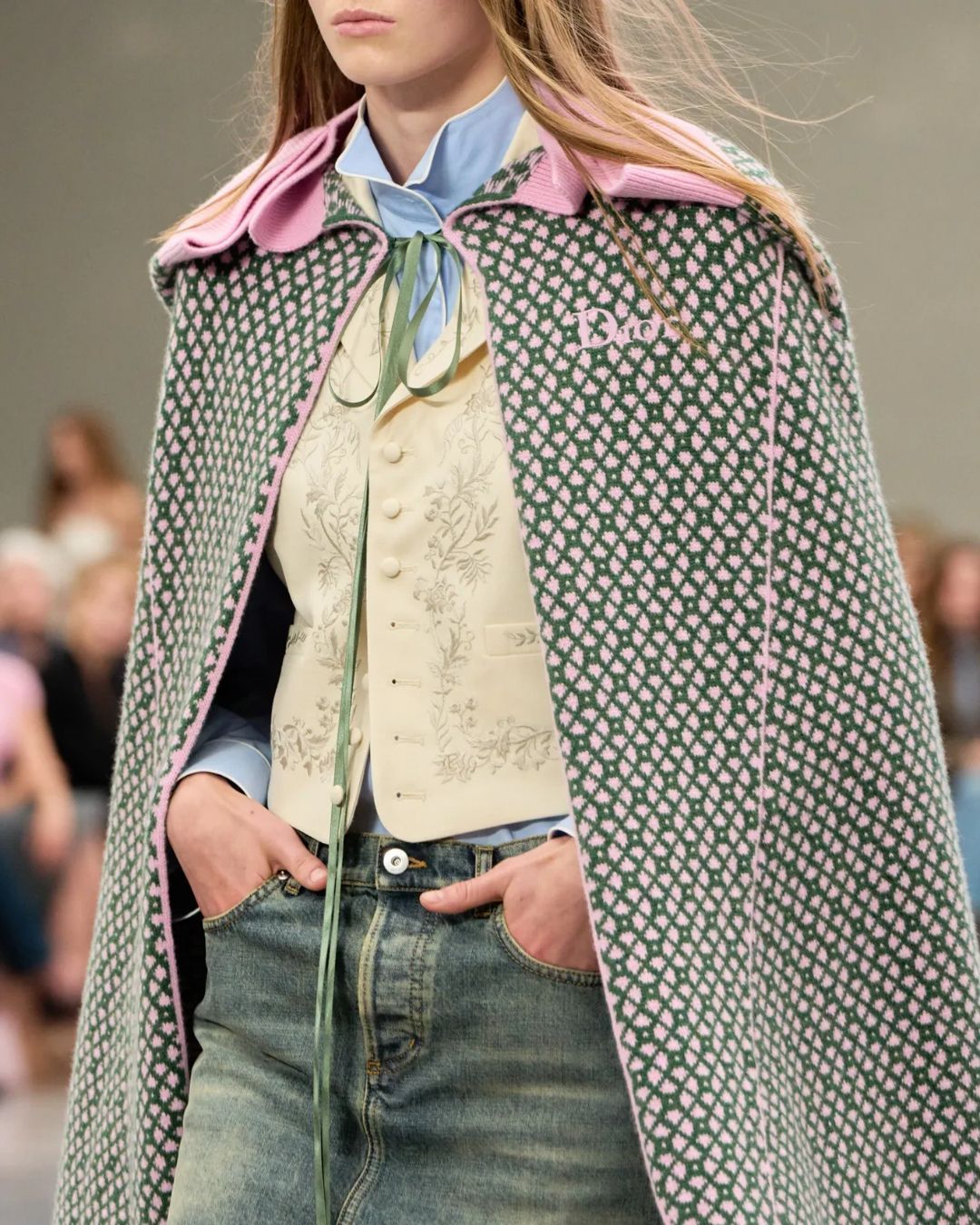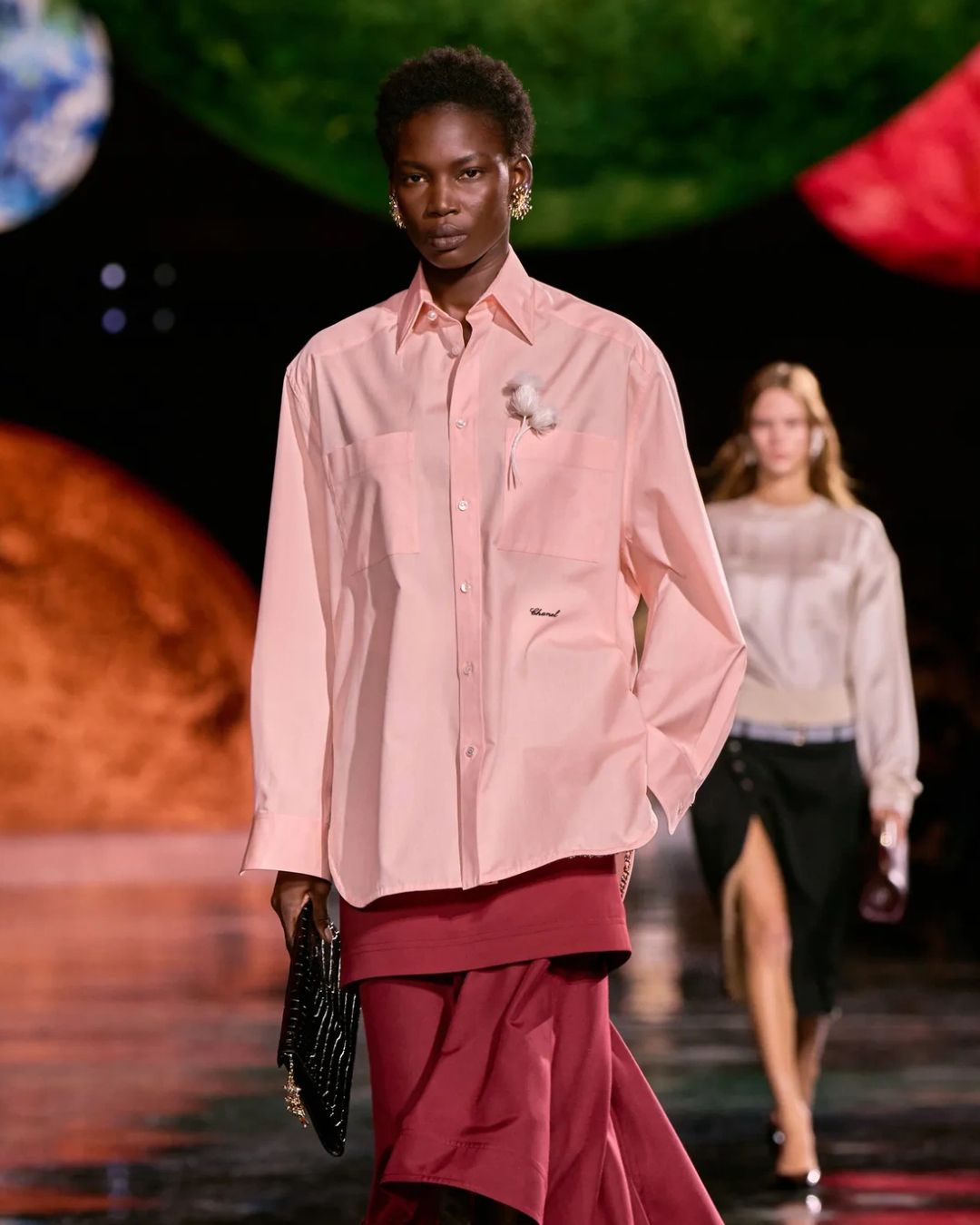
What if Jacquemus becomes Chanel's new creative director? A plausible hypothesis that is, however, all for discussion
Rumors about who could be the new creative director of Chanel are becoming increasingly insistent. More and more insider news sleuths are investigating the behind-the-scenes of the selection process, and one of them is Lauren Sherman from Puck, a well-informed and resourceful source. Recently, one of the names Sherman mentioned in relation to a possible upcoming appointment at Chanel is that of Simon Porte Jacquemus, the creator of one of the most beloved brands on the contemporary scene. But what would happen if Jacquemus really became the new creative director of the historic Parisian maison? It all started when Virginie Viard, creative director of Chanel since 2019, suddenly left her position in June 2024. According to Sherman, the somewhat sudden news of her departure was not planned, and it was supposed to come in a less abrupt manner. After all, Viard is a veteran of the brand, with over 30 years of experience. Thanks to its strong brand equity and the recognizability of its products, which extend across numerous categories, the brand's management is understandably taking its time. One piece of information presented by Sherman, which seems very plausible, is that the Wertheimers, the brand’s owners, and the entire management are looking for a long-term figure, someone who will stay for decades. They are not interested in a quick turnover—hence their choice will be very thoughtful, especially considering that the role to be filled is of utmost importance. And, according to Sherman, one of the most discussed names has been Simon Porte Jacquemus.
@immaculate.style Simon Porte Jacquemus is reportedly the front runner for the Chanel creative director position. This was reported by Lauren Sherman in her fashion newsletter last night. While other candidates like Thom Browne and Peter Mulier are still in the running, Simon makes logical sense when thinking long term - he’s young, recognizable, and Karl Lagerfield himself was quite fond of him. #jacquemus #chanel #karllagerfeld #simonportejacquemus #fashionnews original sound - Antonio Padilla
Anonymous sources cited by Sherman claim that Bruno Pavlovsky, current president of Chanel's fashion department, has supported Jacquemus from the start while considering other options. Nonetheless, it seems that the unofficial "candidacy" has been at least partially convincing, and Jacquemus has already had an interview with both Pavlovsky and Chanel's global CEO, Leena Nair. The next step should be a decisive meeting with Chanel's owner, Alain Wertheimer, in London. But as mentioned, the choice will not be rushed, and all other options are still on the table. Sherman mentions other designers such as Thom Browne and Pieter Mulier of Alaïa as potential "competitors" identified by the Swiss firm Egon Zehnder, which is handling the selection process for such a coveted yet complex position. However, there are theoretical reasons why Jacquemus might represent a good choice: first of all, the designer is young, well-known, and loved by younger audiences, a target that is increasingly important for major luxury brands. More importantly, Jacquemus has demonstrated the ability to make his shows memorable (if not viral on social media) with relatively few resources—often thanks to his spectacular settings, such as the lavender fields in Provence or Casa Malaparte in Capri. A skill that Lagerfeld maximized with high budgets, but which Jacquemus, in his own way, undoubtedly possesses. One could also add that Jacquemus had already referenced Chanel’s codes in Bad Bunny’s outfit for the Lagerfeld-dedicated Met Gala, demonstrating his ability to manage and interpret the maison’s codes.
bad bunny has just arrived in new york for the met gala and honestly I’m so excited to see what he’s going to wear this year after that white backless suit by jacquemus inspired by chanel’s famous camellia pic.twitter.com/anR8zWmaxM
— (@theitcouture) May 6, 2024
One of the questions this eventuality presents is what would happen to the Jacquemus brand if Chanel selected him. Back in the day, Lagerfeld was able to manage Chanel, Fendi, and his own personal line simultaneously, so the scenario of a dual appointment (somewhat like Jonathan Anderson’s case) would not be unfamiliar. In fact, Sherman hypothesizes that the Wertheimer family might even financially support the Jacquemus brand, whose equity and profits could reasonably rise if its founder held such a prestigious position. However, nothing is certain yet. Who remembers the many speculations surrounding Virgil Abloh’s successor? Almost no one predicted that Pharrell Williams would be chosen in the end, an appointment that came after a long period but ultimately worked out, demonstrating the importance of a cautious choice. But if Louis Vuitton only needed a menswear creative director, whoever takes Viard’s place will have the titanic task of guiding one of the most iconic brands in history, which has always remained independent, into a new era. Therefore, whoever that person may be, selecting them carefully will be of utmost importance.















































